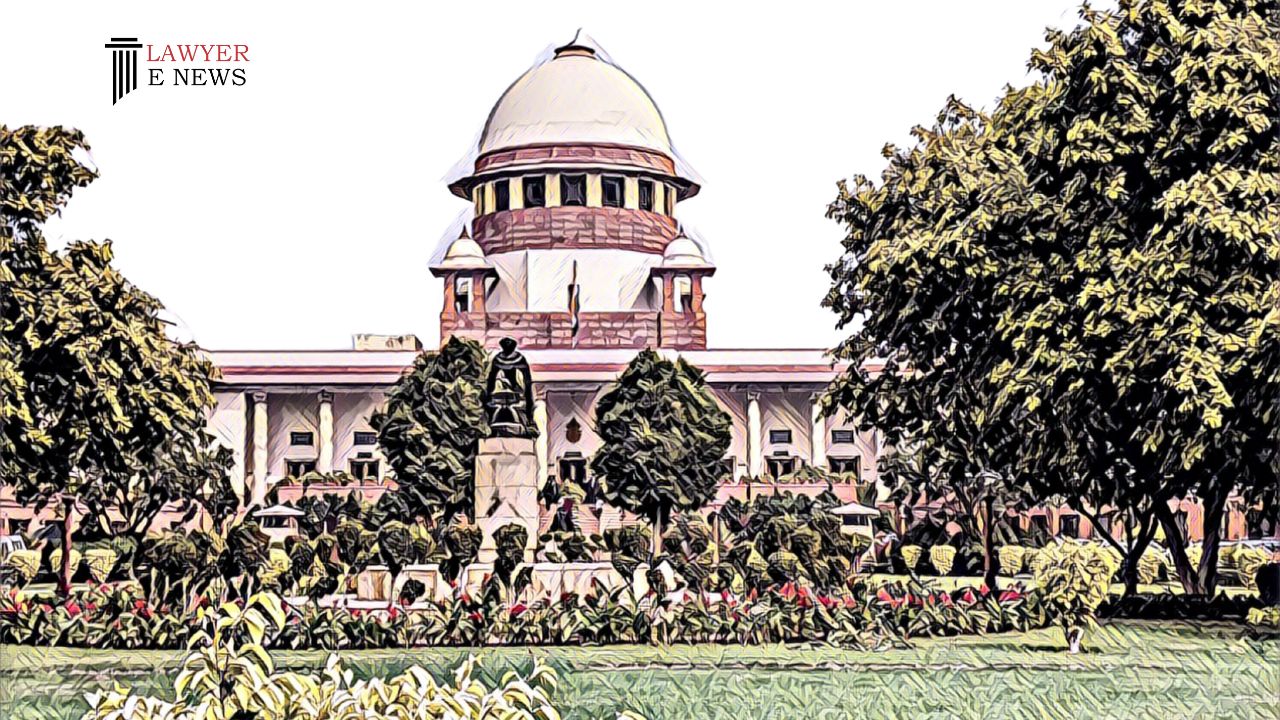-
by Admin
15 February 2026 5:01 PM



In a landmark judgment delivered today by Justice Sanjay Karol, the Supreme Court has significantly interpreted the application of Section 14 of the Limitation Act in the context of execution proceedings, emphasizing the exclusion of time when an application is pursued in good faith in a court lacking jurisdiction.
The crux of the judgment lies in the interpretation of Section 14 of the Limitation Act. This case revolves around whether the time spent pursuing an execution application before a Tehsildar should be excluded for the calculation of the limitation period.
The appeal stemmed from the High Court's affirmation of the Munsiff Court's decision, which dismissed an execution application as time-barred. The application was filed initially with the Tehsildar and later in the Munsiff Court. The pivotal issue was the exclusion of the period (18.12.2000 to 29.01.2005) spent before the Tehsildar while computing the limitation period.
Exclusion of Time – Section 14 of the Limitation Act: The Supreme Court highlighted the conditions under Section 14, focusing on the need for due diligence, good faith, and civil nature of prior proceedings. The Court found that the appellants pursued the execution in good faith before the Tehsildar, a wrong forum chosen under a genuine belief.
Jurisdiction and Wrong Forum Selection: The Court observed that the appellants showed no malafide intent in approaching the Tehsildar, emphasizing that an honest mistake in jurisdiction selection should not negate the applicability of Section 14.
Applicability of Section 14: The Supreme Court elaborated on the purpose of Section 14, noting its role in advancing justice and preventing the aborting of proceedings due to technicalities. The Court referenced several precedents, underscoring the necessity of interpreting Section 14 in a way that furthers the cause of justice.
Decision: The Supreme Court allowed the appeal, setting aside the orders of the High Court and the Munsiff Court. It restored the execution application for fresh consideration by the Munsiff Court, Hiranagar, acknowledging that the execution application was within the 3-year limitation period of Article 182 of the J&K Limitation Act, once the time spent before the Tehsildar was excluded.
Date of Decision: April 2, 2024
Purni Devi & Anr. Vs. Babu Ram & Anr.
